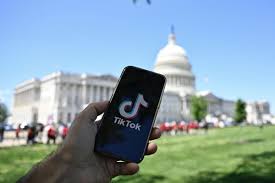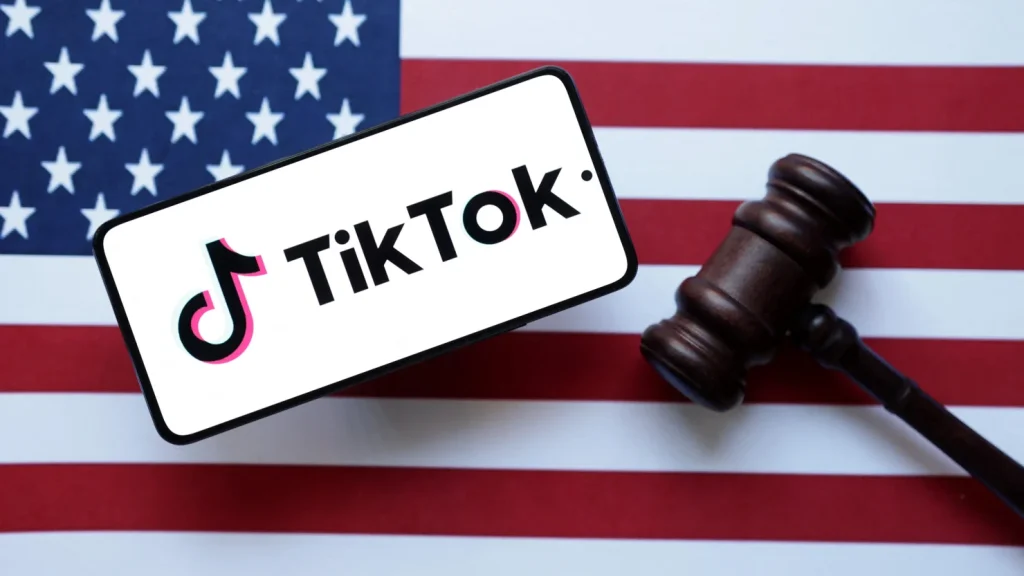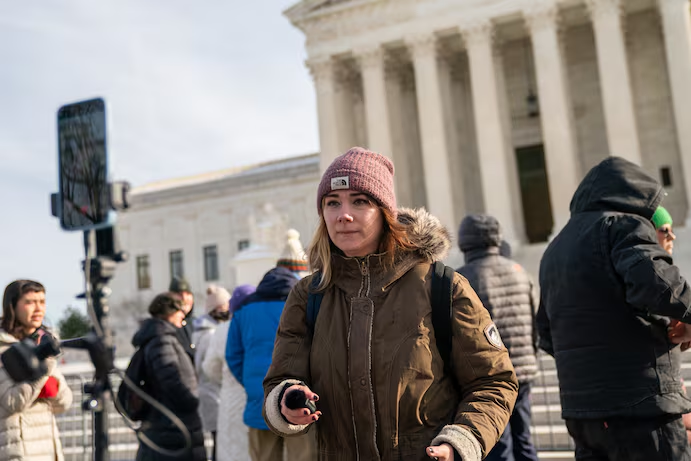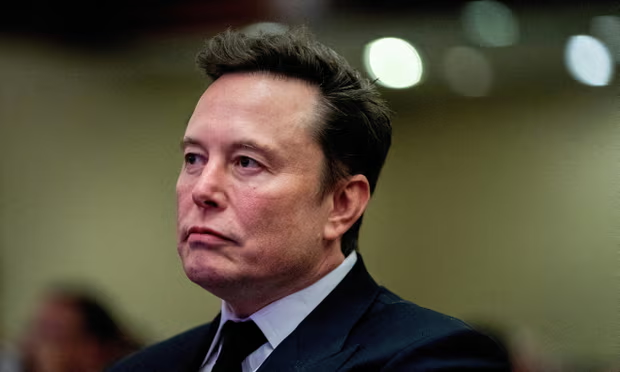Why the Supreme Court Is Likely to Uphold the TikTok Ban

The Supreme Court is on the verge of deciding whether or not to let a potential TikTok ban in the United States stand. The case raises significant concerns over national security, free speech, and the power of the executive branch in regulating digital platforms. As tensions between the U.S. and China persist, the fate of TikTok has become a critical issue, with policymakers focusing on the potential risks posed by the app’s Chinese ownership.
TikTok, owned by the Chinese company ByteDance, has been under intense scrutiny for months due to fears that the app could be used by the Chinese government for espionage. Critics argue that the Chinese Communist Party could access the personal data of millions of Americans through the app, potentially compromising national security. The Trump administration attempted to ban TikTok in 2020, claiming that it posed a security threat due to its connections to China. However, legal battles have since delayed the ban, and the case has ultimately landed at the Supreme Court.
At the heart of the issue is whether the U.S. government has the legal authority to ban TikTok or if such an action violates the First Amendment rights of its users. TikTok has argued that a ban would infringe on the right to free speech, as the platform allows millions of users to express themselves, share ideas, and connect with others. This free speech argument has been bolstered by the platform’s global popularity, particularly among younger Americans, who use TikTok not just for entertainment, but also for political expression and social activism.
On the other hand, the U.S. government argues that national security takes precedence over individual rights when it comes to protecting the country from foreign threats. Lawmakers and intelligence agencies have voiced concerns that TikTok could be used to collect data on American citizens, which could then be exploited by the Chinese government. The government has also pointed to instances in which China has been accused of using technology to exert influence and gather intelligence.
In recent months, several U.S. states and lawmakers have taken steps to limit or ban the use of TikTok on government devices. These actions are part of a broader effort to combat what is perceived as a growing security threat posed by Chinese-owned tech companies. The Biden administration has also conducted a review of TikTok’s security practices, while some officials have called for the company to sell its U.S. operations to an American company as a way to mitigate the risks.
The Supreme Court’s involvement in the case has brought heightened attention to the legal complexities surrounding the potential TikTok ban. Some legal experts argue that the case will hinge on the interpretation of the International Emergency Economic Powers Act (IEEPA), a law that grants the president the authority to regulate transactions and freeze assets in response to national emergencies. The Trump administration invoked this law when attempting to ban TikTok, but the legality of such a move has been questioned by several courts.
If the Supreme Court ultimately rules in favor of the government and allows the TikTok ban to proceed, it could set a precedent for the future regulation of foreign-owned tech companies in the U.S. It would give the executive branch significant authority to control which apps and platforms are accessible to American users, potentially reshaping the digital landscape. On the other hand, if the Court rules against the ban, it could bolster the argument that the government cannot infringe on the free speech rights of Americans in the name of national security.
The outcome of this case has wide-reaching implications for both U.S. tech policy and the broader geopolitical landscape. As the global competition for digital dominance intensifies, the fate of TikTok may become a defining moment in the struggle between the U.S. and China for technological and economic supremacy. Whatever the Court’s decision, it is clear that TikTok’s status in the U.S. will remain a contentious issue for the foreseeable future.






